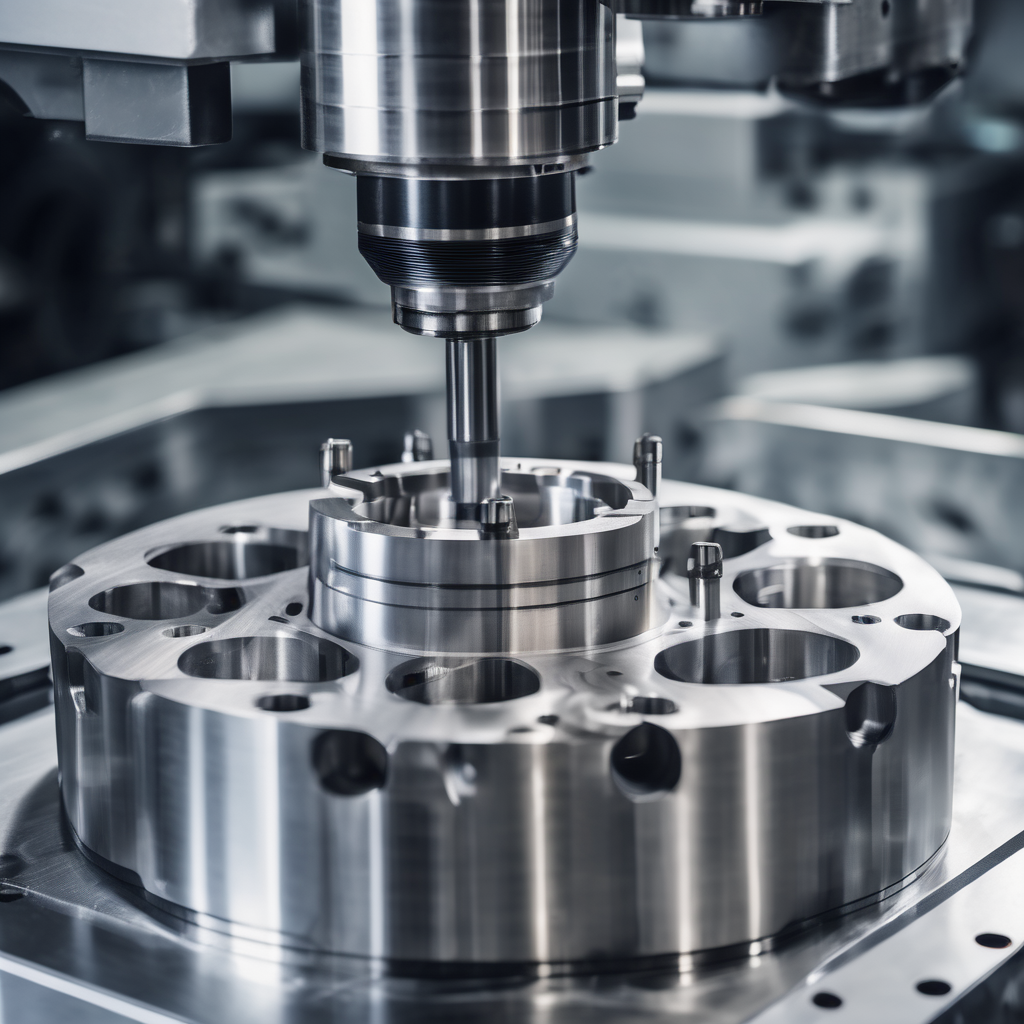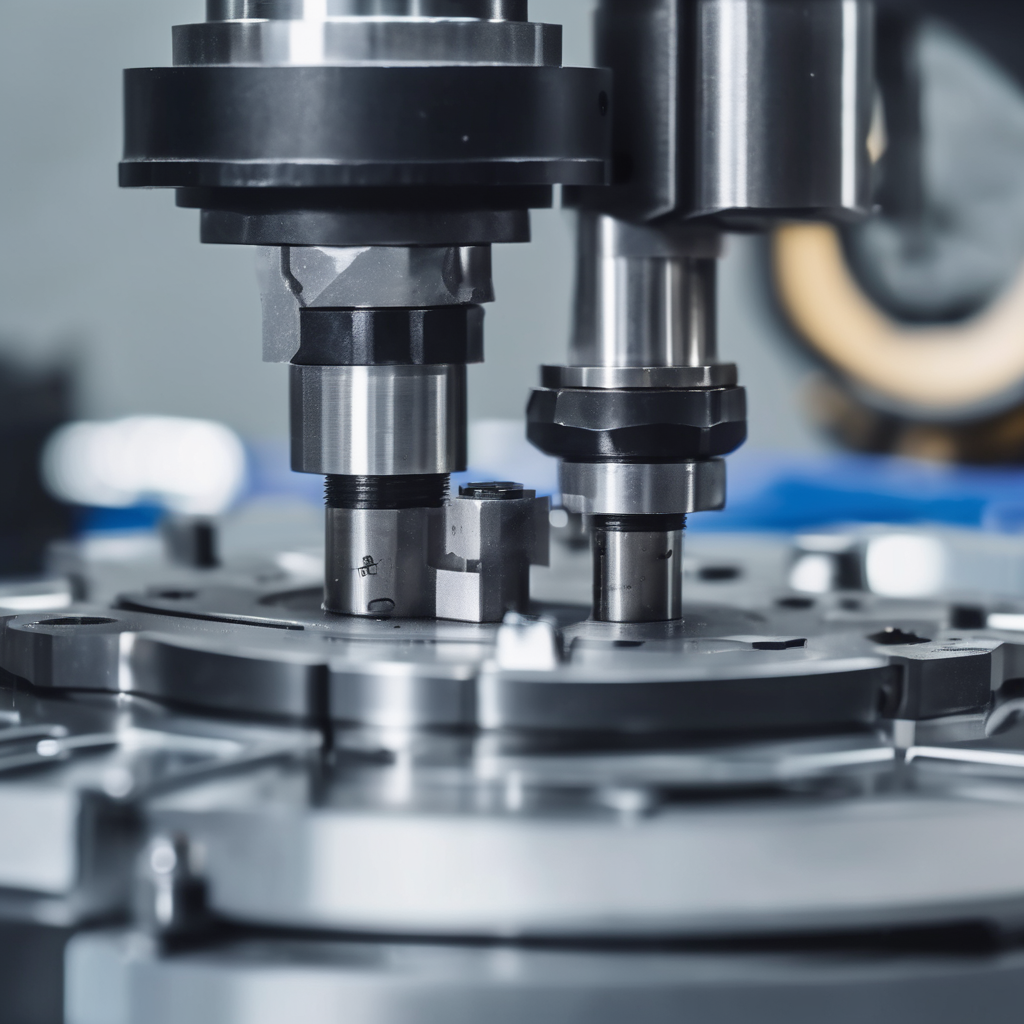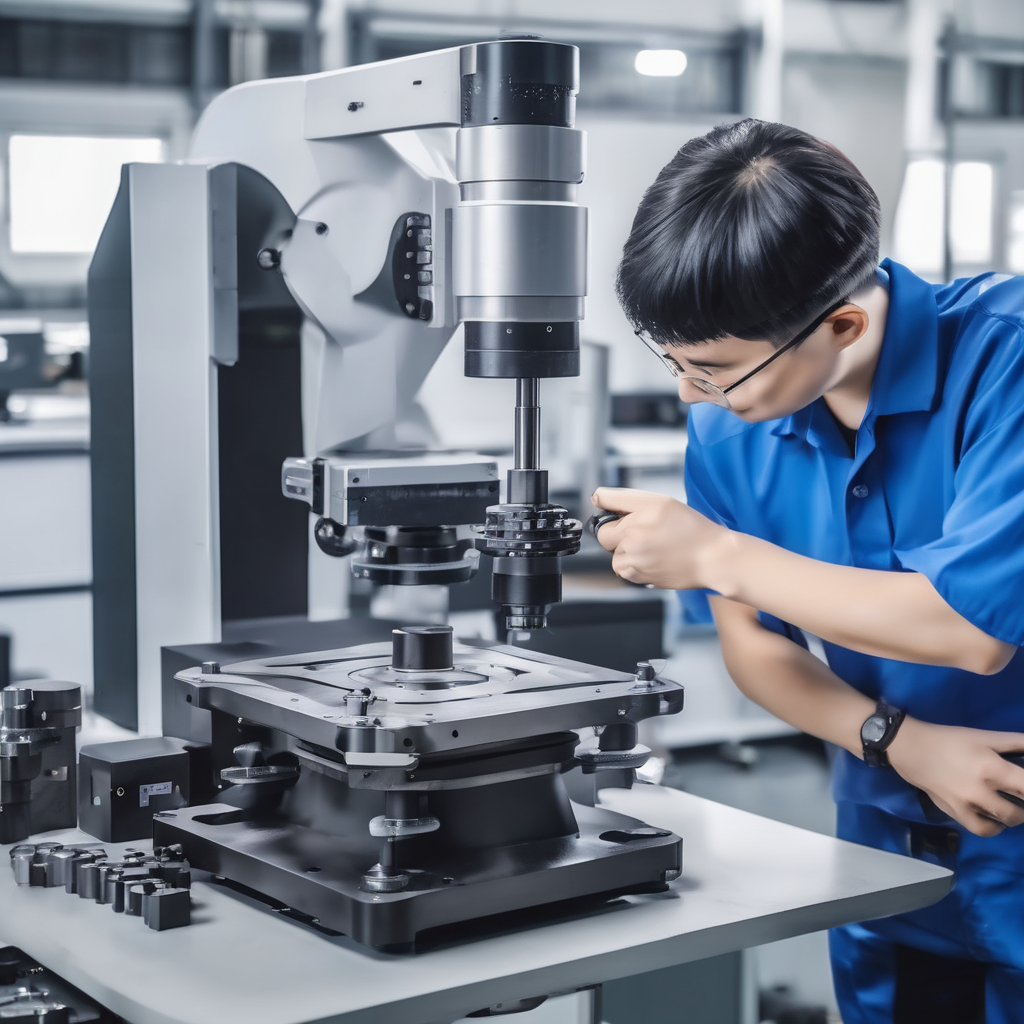5-Axis Machining: Advantages and Applications
5-axis CNC machining represents the pinnacle of manufacturing flexibility, enabling the production of complex parts that would be impossible or impractical with traditional 3-axis machining. Manufacturing consultant Ria Harman emphasizes, "5-axis capabilities fundamentally change what's possible in precision manufacturing - it's not just about complexity, but about achieving superior surface finishes and dimensional accuracy in fewer setups."
Understanding 5-Axis Machining
5-axis machines move the cutting tool along five different axes simultaneously:
- X, Y, Z linear axes
- A and B rotational axes
- Continuous interpolation between all axes
Key Advantages
5-axis machining offers significant benefits over traditional methods:
- Complex geometries: Machine undercuts, deep cavities, and compound angles
- Reduced setups: Complete parts in single operations
- Better surface finish: Optimal tool orientation for all surfaces
- Shorter tools: Reduced deflection and improved accuracy
- Higher productivity: Fewer operations and faster cycle times
Applications
5-axis machining excels in demanding applications:
- Aerospace turbine blades and impellers
- Medical implants and surgical instruments
- Automotive engine components
- Mold and die manufacturing
- Prototype development
Programming Considerations
Successful 5-axis machining requires specialized programming:
- CAM software with 5-axis capabilities
- Collision detection and avoidance
- Tool path optimization
- Post-processor configuration


